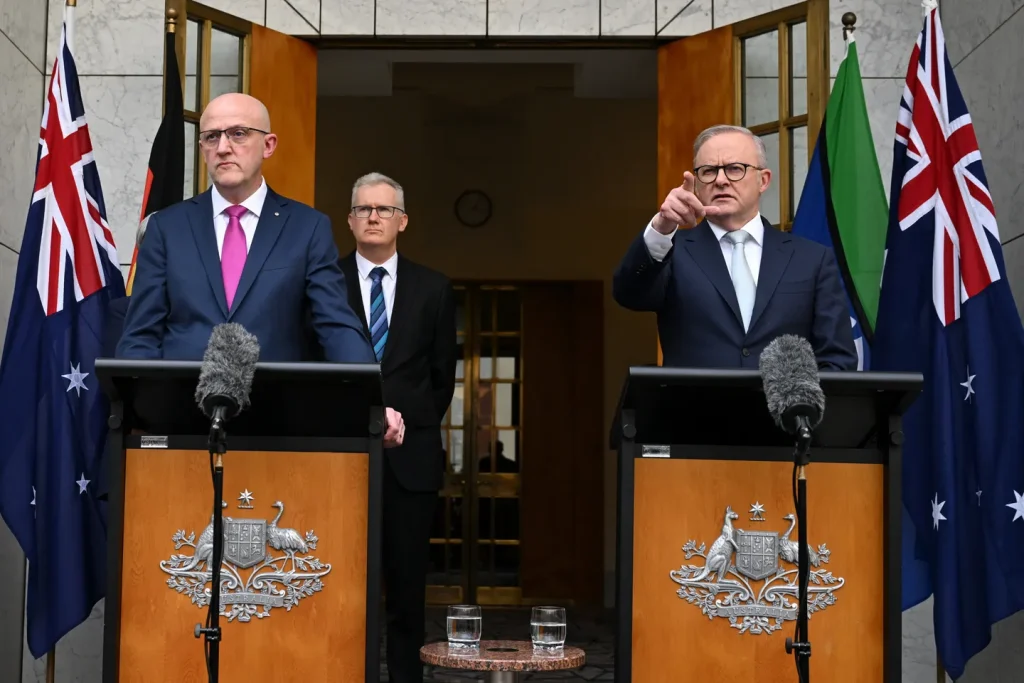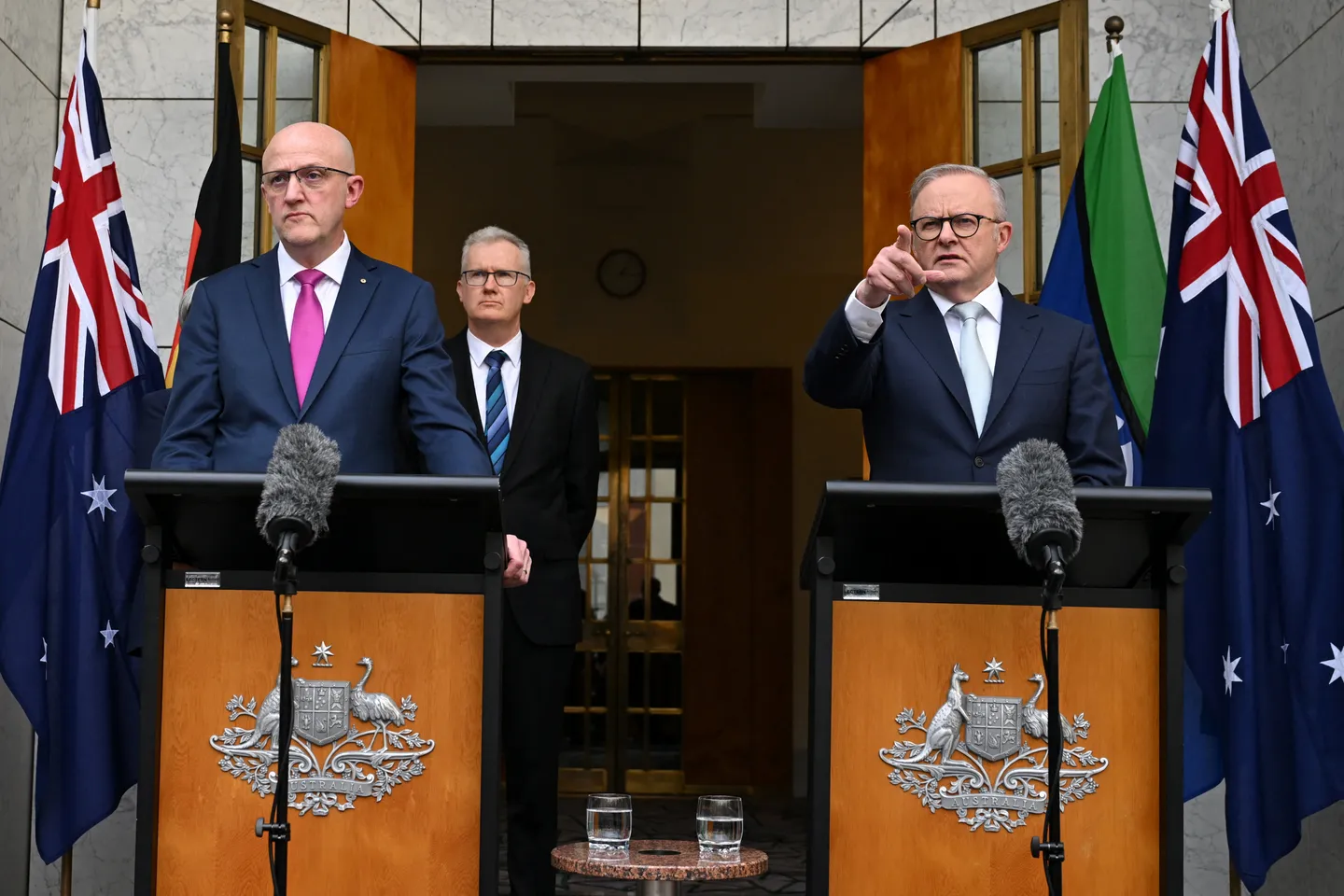Australia agrees to a $310 million payout for victims of the illegal welfare debt scheme, marking a historic settlement that highlights government failures, wrongful claims, and ongoing investigations into accountability.

A Landmark Settlement
The Australian government has agreed to pay $310 million in compensation to victims of its illegal welfare debt recovery program, a controversial scheme that falsely pursued citizens for money they did not owe. The payout, pending court approval, is one of the largest settlements in Australian welfare history.
The decision comes after years of mounting legal challenges, public outrage, and a royal commission inquiry that condemned the program’s design and execution. The scheme, often referred to as “Robodebt,” used flawed algorithms to calculate debts, wrongly accusing hundreds of thousands of Australians of welfare overpayments.
Victims Wrongly Targeted
Between 2015 and 2019, the welfare debt scheme issued more than 470,000 debt notices to individuals, many of whom were low-income earners, students, or unemployed. The system used income averaging to match tax data with welfare records, a method later found to be unlawful.
For thousands of Australians, the consequences were devastating. Many faced financial stress, harassment from debt collectors, and lasting emotional trauma. Some victims were driven into bankruptcy, while others reported severe mental health impacts. Advocacy groups say the scheme was not just a bureaucratic failure but a profound breach of public trust.
Government Accountability
The historic payout is designed to settle a class-action lawsuit brought on behalf of victims. Lawyers leading the case argue that the government knowingly implemented and defended a scheme that it had reason to believe was unlawful.
The royal commission into Robodebt, concluded in 2023, sharply criticized senior officials and former ministers, highlighting a culture of negligence and denial. The commission’s report called for further investigations into potential misconduct and the possibility of criminal referrals.
Despite the settlement, campaigners argue that monetary compensation alone cannot undo the damage. “For many, this is not just about the money,” said one legal representative. “It is about justice and accountability for years of wrongful treatment.”
Investigations Ongoing
While the payout will bring financial relief to thousands, scrutiny of the scheme’s architects is far from over. Australian authorities are still investigating the role of government officials and ministers who approved or defended the debt recovery system.
The case has sparked a broader debate about government transparency, the ethics of automated decision-making, and the human cost of administrative errors. Experts warn that unless systemic reforms are introduced, future welfare programs risk repeating similar mistakes.
Broader Political Impact
The fallout from the illegal welfare debt scheme has reshaped public perceptions of government welfare management. Trust in government services, particularly among vulnerable communities, has been badly shaken.
For Prime Minister Anthony Albanese’s government, the settlement is both an opportunity and a challenge. By agreeing to the payout, the administration signals its commitment to correcting past wrongs. But opposition leaders argue that stronger accountability measures must follow, including reforms to protect citizens from unlawful claims in the future.
Looking Ahead
Pending court approval, payments to victims are expected to begin in 2026. Each claimant will receive varying amounts depending on the harm suffered and the size of the false debt claim.
The settlement underscores a critical turning point in Australia’s welfare policy. It sends a clear message that unlawful debt recovery practices have no place in a democratic society and that governments must be held accountable when automated systems harm citizens.
As one advocate put it, “This is a victory for ordinary Australians who fought back against a system stacked against them. But it is also a warning: technology must never replace fairness, compassion, and the rule of law.”










Comments are closed.